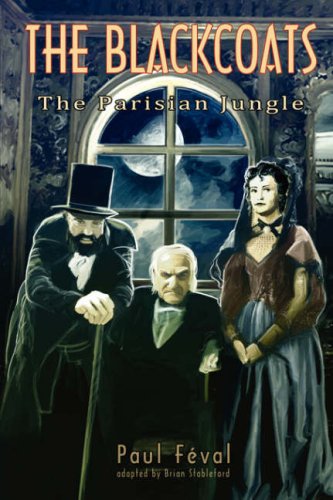The Tiger’s Wife
 The Tiger’s Wife is an interlocking series of fabulist tales, set in an unnamed Balkan country that is obviously Yugoslavia before and after its dissolution into ethnic political states, which unfolds the life and death of the narrator’s grandfather. It’s a meditation on grief, cultural blindness and bigotry, among other things, but overarchingly the constant effort to try to live a decent life and see the decency in others, even those who seemingly don’t possess it. Written by Téa Obreht, whom The New Yorker named one of the twenty best American fiction writers under forty and the National Book Foundation’s “5 Under 35” list, it is, as you might expect given those accolades, considered a “literary” novel. Which is perhaps why you haven’t seen much mention of it in genre circles, despite the fact that it is a fantasy. However you want to classify it, it’s good and well-deserving of the hype it’s received. One thing that struck me that I don’t think I’ve seen mentioned is the similarity between Obreht and Ray Bradbury in his prime, back in the days when Clifton Fadiman was trying to sell The Martian Chronicles to the literary mainstream.
The Tiger’s Wife is an interlocking series of fabulist tales, set in an unnamed Balkan country that is obviously Yugoslavia before and after its dissolution into ethnic political states, which unfolds the life and death of the narrator’s grandfather. It’s a meditation on grief, cultural blindness and bigotry, among other things, but overarchingly the constant effort to try to live a decent life and see the decency in others, even those who seemingly don’t possess it. Written by Téa Obreht, whom The New Yorker named one of the twenty best American fiction writers under forty and the National Book Foundation’s “5 Under 35” list, it is, as you might expect given those accolades, considered a “literary” novel. Which is perhaps why you haven’t seen much mention of it in genre circles, despite the fact that it is a fantasy. However you want to classify it, it’s good and well-deserving of the hype it’s received. One thing that struck me that I don’t think I’ve seen mentioned is the similarity between Obreht and Ray Bradbury in his prime, back in the days when Clifton Fadiman was trying to sell The Martian Chronicles to the literary mainstream.
I have to say that Obreht is the better writer, more in control of her fabricated folklore and less inclined to Bradburian whimsy, as well as much darker. Which is maybe why she is “literary.” But, just for fun, here’s a test. Which of these passages is written by Obreht, and which by Bradbury? (All winners receive absolutely nothing besides smug self-satisfaction.)






 As one of the new recruits here at Black Gate, I’ll be bringing you a series of what I hope you’ll find to be interesting posts soon enough. But first I wanted to say howdy and tell you a little bit about myself.
As one of the new recruits here at Black Gate, I’ll be bringing you a series of what I hope you’ll find to be interesting posts soon enough. But first I wanted to say howdy and tell you a little bit about myself.
 I committed a major heresy, in public and on record, against the sword-and-sorcery community when I stated on the recording for a podcast that, in the realm of “sword-and-sorcery” fiction, I prefer Leigh Brackett over Robert E. Howard. Although at least one participant on the podcast seconded my opinion, I do understand why most sword-and-sorcery readers cannot go with me on this. Howard is, after all, the Enthroned God of the genre. And, strictly speaking, Brackett did not write fantasy or historicals. Her specialty was action-oriented science fiction with heavy fantasy influences, the sub-genre of science-fantasy known as “planetary romance.” (Sometimes called “sword-and-planet.” I hate that term.)
I committed a major heresy, in public and on record, against the sword-and-sorcery community when I stated on the recording for a podcast that, in the realm of “sword-and-sorcery” fiction, I prefer Leigh Brackett over Robert E. Howard. Although at least one participant on the podcast seconded my opinion, I do understand why most sword-and-sorcery readers cannot go with me on this. Howard is, after all, the Enthroned God of the genre. And, strictly speaking, Brackett did not write fantasy or historicals. Her specialty was action-oriented science fiction with heavy fantasy influences, the sub-genre of science-fantasy known as “planetary romance.” (Sometimes called “sword-and-planet.” I hate that term.)